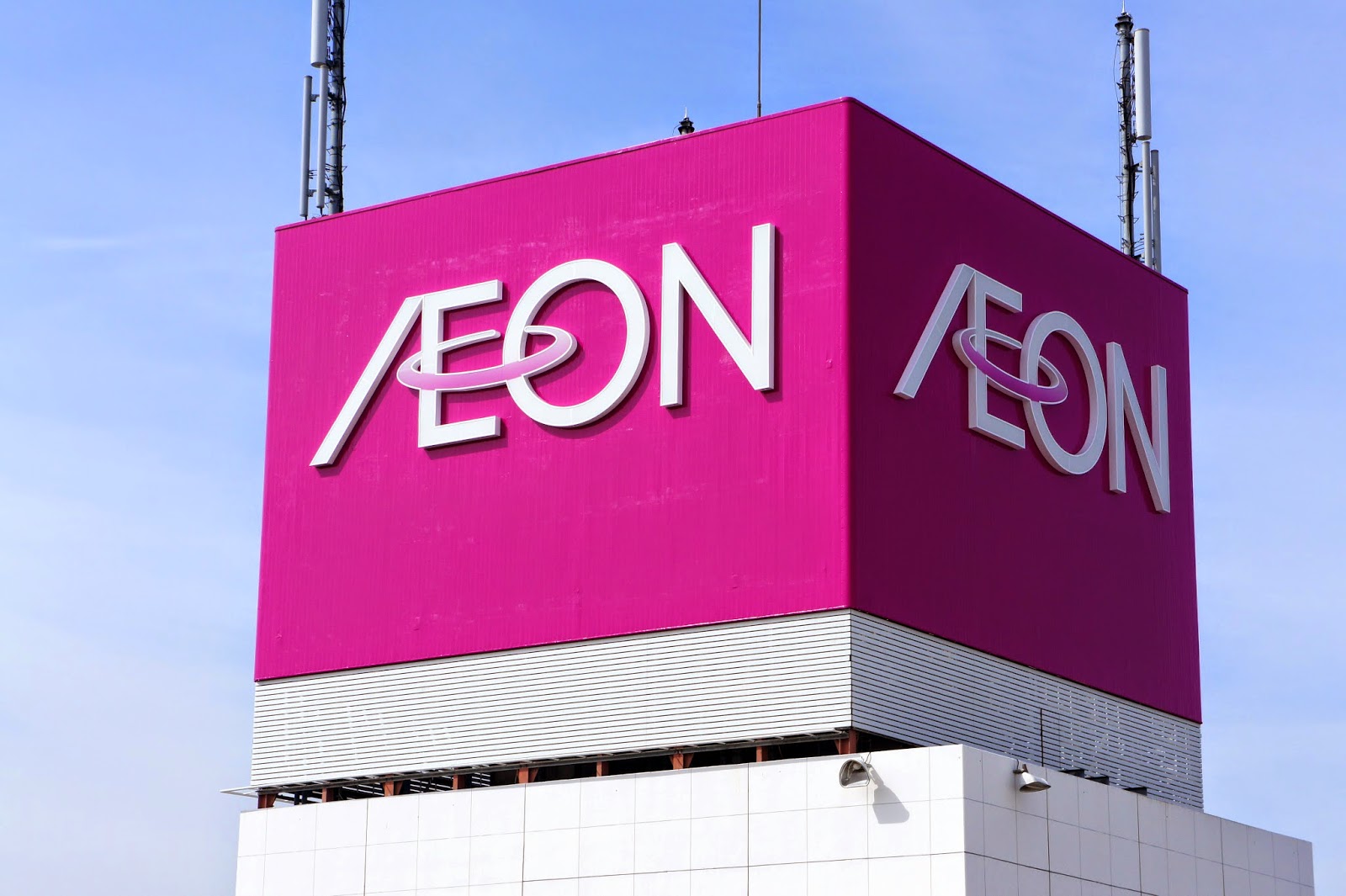 |
| A No Hope Situation for MAS? |
This is the Malaysian Insider report of the AGM of MAS held today.
"Stung by criticism, nine non-executive directors of Malaysia Airlines (MAS) today decided unanimously to return the fees paid to them last year, amounting to RM396,000.
MAS chairman Tan Sri Md Nor Yusof told a press conference that the non-executive board members had agreed to return the money to the airline.
It had been previously reported that many high-ranking civil servants were also sitting on the boards of government-linked companies.
The Malaysian Reserve had reported that Putrajaya was looking to ensure that active civil servants did not become board members of GLCs.
Performance and Management Delivery Unit (Pemandu) chief Datuk Seri Idris Jala had reportedly said civil servants sitting as GLC board members faced potential conflicts of interest.
MAS board member Tan Sri Irwan Serigar Abdullah is also Treasury secretary-general and chairman of Cyberview Sdn Bhd, the master developer of Cyberjaya.
Md Nor also said that there had been calls from shareholders for the immediate resignation of the board and MAS management.
"It is only natural for the shareholders to be angry considering how events have unfolded.
"However, we have tried to explain to the shareholders that MAS has been facing chronic difficulties over the past 15 years," he said.
Meanwhile, MAS group chief executive officer Ahmad Jauhari Yahya refused to confirm or deny that filing for bankruptcy or retrenching staff were among the possibilities they were exploring.
He refused to answer questions, saying that the airline was looking at all options.
"We are looking at all options, I am not going to answer 'yes' or 'no'," he said at a press conference when asked whether MAS was mulling bankruptcy.
The press conference, at the MAS training centre in Kelana Jaya, was held shortly after the end of the annual general meeting.
The media were not allowed to attend the annual general meeting but it was understood to be a fiery affair due to MAS's balance sheet.
Md Nor said the impact of missing Malaysia Airlines flight MH370 had been widely disseminated by the media, both local and international.
"We have reached a critical point in our efforts to return Malaysia Airlines back to a stable footing," he admitted.
"The loss of MH370 means that MAS also has to grapple with perception and a loss of confidence in the airline.
"Although unjustified, we are determined to rebuild the brand," Md Nor said, adding that 2013 was not a good year for the airline.
But he was confident that all was not lost, saying MAS, like the national flag and the hibiscus flower, was a national icon.
"We are Malaysia's embassy on wings, as we carry the nation's name every single time one of our flights is in the air," he said.
"These are factors which must be taken into consideration," he told the press conference.
Ahmad Jauhari said despite its appalling balance sheet, Malaysia Airlines still had strong assets.
"We have a world class engineering team, we have award-winning crew, a very young fleet," he said, adding these were all genuine tangible factors.
Ahmad Jauhari said they were looking at putting more seats on the existing Boeing 777 fleet, or densing up in aviation parlance.
"Studies have shown that we will be able to recoup the costs within six months," he said, adding it would boost the balance sheet.
Ahmad Jauhari had earlier told the media that MAS was looking to retire its entire fleet of Boeing 777 aircraft within a three-year period.
However, he said as MAS was able to recoup the cost of adding more seats to the Boeing 777 aircraft within three months, they would proceed with that initiative. – June 25, 2014."








